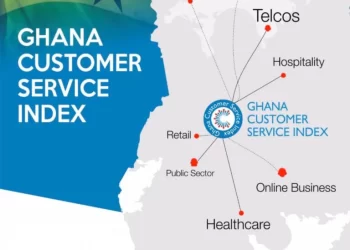The Institute of Economic Affairs (IEA) has issued a strong warning that the Ghana Cedi may depreciate again by December 2025 if the government fails to focus on local production and adopt an export-led economic growth strategy.
In its latest economic outlook, the IEA emphasised that while current currency stabilisation measures may offer short-term relief, they are not sustainable unless backed by efforts to boost domestic productivity, particularly in key export-driven sectors.
During a press briefing held in Accra on Tuesday, May 27, 2025, IEA Fellow Professor Vladimir Antwi-Danso expressed concern that the recent appreciation of the Ghanaian Cedi may be temporary.
He called on policymakers to move away from short-term forex interventions and instead implement long-term economic reforms focused on industrialisation, value addition, and export competitiveness to ensure lasting currency stability.
He said “Our forex appreciating, and the Cedi also appreciating, is not the answer; you must do more. You must try to be an export economy. That is the only way you stabilise your economy. That is the only way you make the other currency lower.”
“What we are doing is that we are not stabilising permanently. We will relapse. By December, I believe that we will relapse. And this is coming from a technical point of view and not a political one. What I am saying is that it is not yet hurray,” he added.
Ghana’s national currency, the cedi, has rebounded dramatically against major international currencies in the first five months of 2025, marking one of its strongest performances in years and offering a rare moment of relief for the country’s embattled economy.
The appreciation, which many analysts describe as unexpected, has been driven by a mix of tight monetary policy, fiscal consolidation, rising gold and cocoa prices, improved market confidence, and record accumulation of international reserves.














